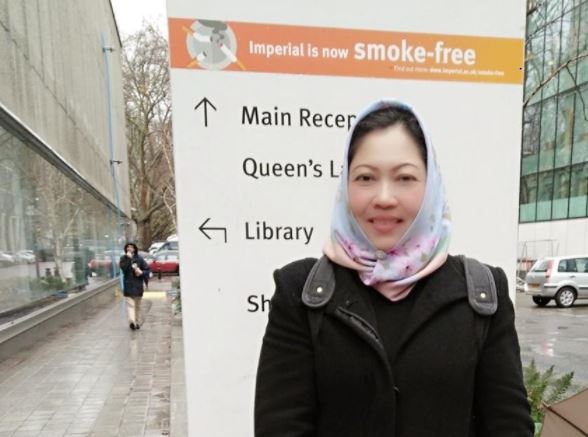Universiti Teknologi MARA‘s Associate Professor Dr Roslina Ab Wahid’s article titled “A Draft Framework for Quality Management System Auditor Education: Findings from the Initial Stage of a Delphi Study” has been published in The TQM Journal – a Q1 Scopus Journal, on 15 December 2020 by Emerald Publishing Limited.
Dr Roslina, an Associate Professor of Quality System and Operational Excellence at the Arshad Ayub Graduate Business School, Universiti Teknologi MARA, Shah Alam, Malaysia, has written the article with Prof. Nigel Peter Grigg from the Department of Operations and Engineering Innovation, Massey University, Palmerston North, New Zealand.
The article is part of the output from an international research collaboration project between Universiti Teknologi MARA (Malaysia), Massey University (New Zealand) and Monash University (Australia). Dr Roslina was appointed as the Project Leader of this Delphi study on Auditor Education during her industrial placement at Joint Accreditation System of Australia and New Zealand (JAS-ANZ) last year.
The article highlights the purpose of the research as changes in structure and conceptual underpinnings of ISO 9001 would necessitate the need for the quality management system (QMS) to acquire a wide knowledge base and skill set to effectively evaluate contemporary QMS and add value to the process. Hence, this study presents an open curriculum framework of the knowledge, skills and attributes for quality auditor education.
In addition, the article describes the first two phases of a three-phase study examining the educational requirements for external quality auditors (EQAs). Phase 1 involves a review of relevant international literature on auditor competence and education; Phase 2 involves the collection of qualitative data from a panel of experts, combined with the initial round of a Delphi study. Thematic analysis is used to analyze the findings from the questionnaire.
The findings of this study suggest there is a need to improve EQAs education, as most experts reported the quality of audit to be varying, inconsistent, poor and diminishing in value. This article highlights the need for a broader EQA education based on the gap identified in its performance. In conclusion, the resulting framework can be adopted by accreditation and certification bodies to evaluate and improve their auditors’ audit performance.
The current issue and full-text archive of this journal are available on Emerald Insight at https://www.emerald.com/insight/1754-2731.htm
Source: https://qswownews.com/

